September 29, 2024, marked the Vatican’s 110th World Day of Migrants, Refugees and Internally Displaced Persons celebrated since 1914. On this day, we join globally to express concern for the vulnerable people on the move as well as for survivors of human trafficking, many of whom are migrants, refugees and internally displaced. The community is called to pray, reflect and take action in order to increase awareness about the many challenges faced by these groups, and to explore the opportunities that migration offers for host countries and for countries of origin.
This year, Pope Francis has chosen the theme “God walks with His people,” to remind us that all of us, God’s people, are migrants on this earth, on our way to the “true homeland,” the Kingdom of Heaven. Migrants are a contemporary icon of people on a journey, the Church on a journey, and at the same time, it is in them and in all our vulnerable brothers and sisters that we can encounter the Lord who walks with us.
On Sunday, September 29, in cooperation with the STU’s Campus Ministry, the Academy participated in the mass celebrated by Father Rafael Capo, Vice President for Mission at St. Thomas University. People of various faiths joined in prayer for migrants, refugees, host families, and survivors of human trafficking, reflecting for full commitment to welcoming, accompanying and building a future with migrants and refugees.
On September 30, 2024, the Academy hosted an exceptional panel discussion on some of the cutting-edge issues related to present-day migration.
The panel, featured two phenomenal religious leaders, Sister Norma Pimentel – Pope Francis’ favorite nun – and Rabbi Dr. Claudio Kogan – a global promoter of interfaith dialogue. The panelist talked about their experiences with migrants and refugees at the U.S. – Mexican border, the needs migrants have and the generous response by the community – people of good will and a big heart, issues with unaccompanied minors, etc. They delved deeper into the perspectives of Catholicism and Judaism in welcoming and serving the migrant. They also discussed the many opportunities that law students, legal professionals and the community at large have to be engaged in responding to the influx of migrants, and how to best serve every person by fully respecting human dignity. Mr. Jordan Basit, J.D. Candidate 2026, a student of the Muslim faith delivered a thoughtful reflection, a call to action, and a solemn prayer from the perspective of his faith. Dr. Ana Sverdlick, former Program Coordinator of the Human Trafficking Academy, moderated the panel.
Dean Tarlika Nuñez-Navarro, welcomed the eminent panelists and participants gathered in the Goldbloom Convocation Hall. She noted that academic excellence is an abiding goal of the College of Law, as is its service to the community guided by the tenets of the Catholic Social Teaching. She emphasized that our students, most of them representing migrant families, enrich our campus community and bring diverse perspectives to our learning environment, preparing ethical leaders to serve the global community. She recognized the strength and resilience demonstrated by our minority students in pursuing legal education, while many of them also navigating the challenges of migration.
In her opening remarks, Dr. Roza Pati, St. John Paul II Distinguished Professor of Law, invoked the words of Pope Francis calling borders “privileged places of encounter.” She added that it is the duty of a Catholic institution to always display the strength, the skill, the ingenuity, the compassion — in a tour de force for the transformation of a reality that prejudices the least among us, those people at the fringes of the society. Quoting The Holy Father she added: “In Catholic intellectual tradition of higher education, we educate our students and our community with the understanding that ‘no one is expendable’ and that the ‘differences coexist, complementing, enriching, and reciprocally illuminating one another;’ while being fully conscious that ‘justice needs to be built up with patience, sacrifice, and determination.”
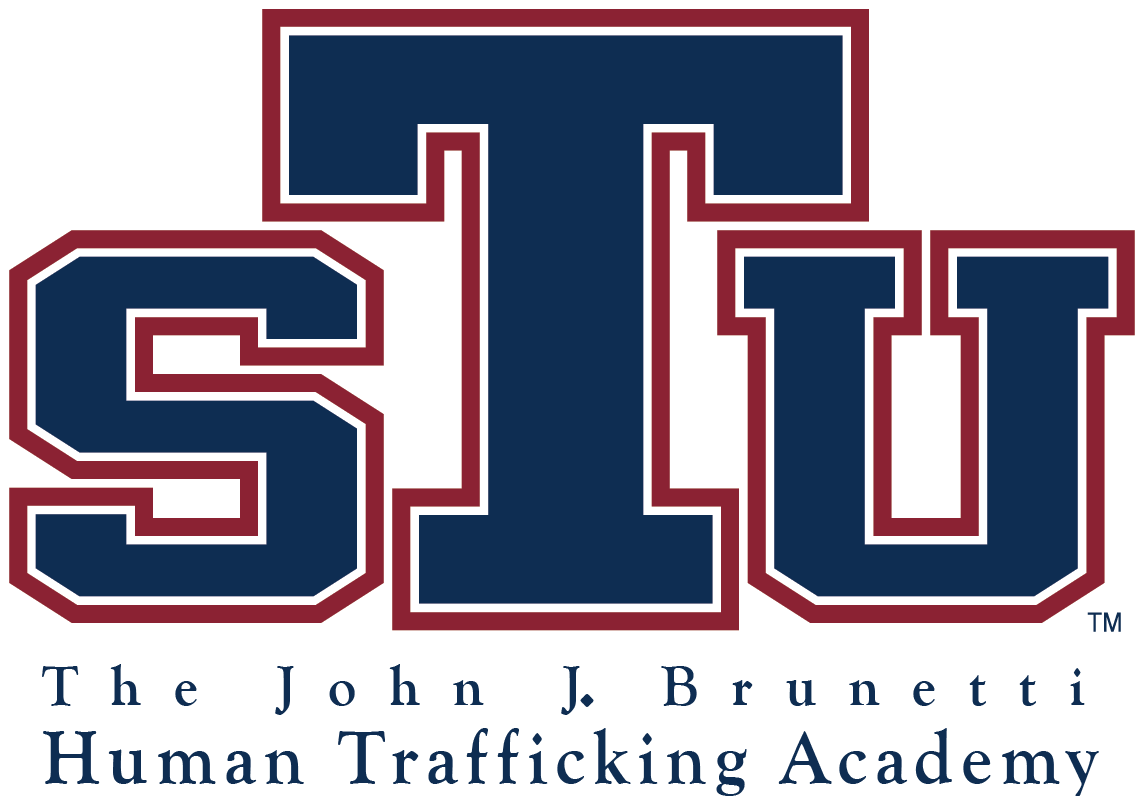

















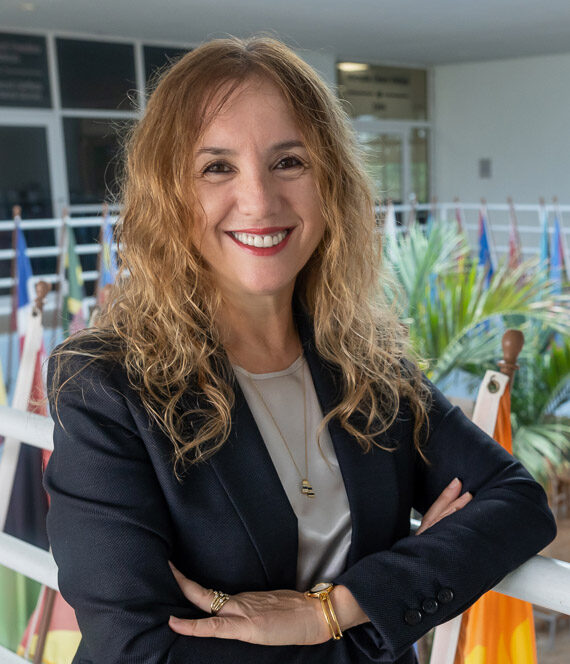 Prof. Dr. Roza Pati
Prof. Dr. Roza Pati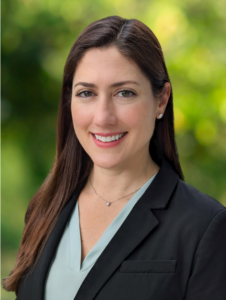
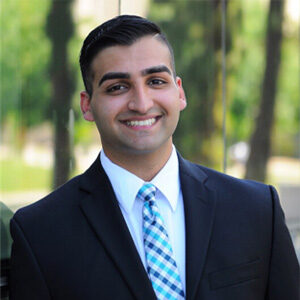
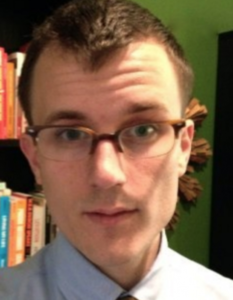 Professor Brendan M. Conner
Professor Brendan M. Conner 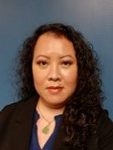 Professor Linh K. Dai
Professor Linh K. Dai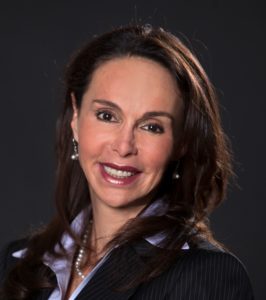
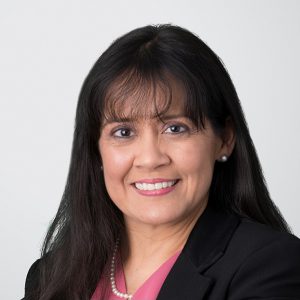
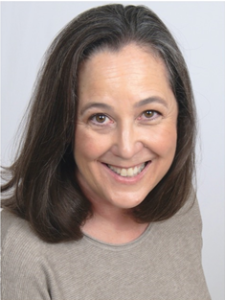
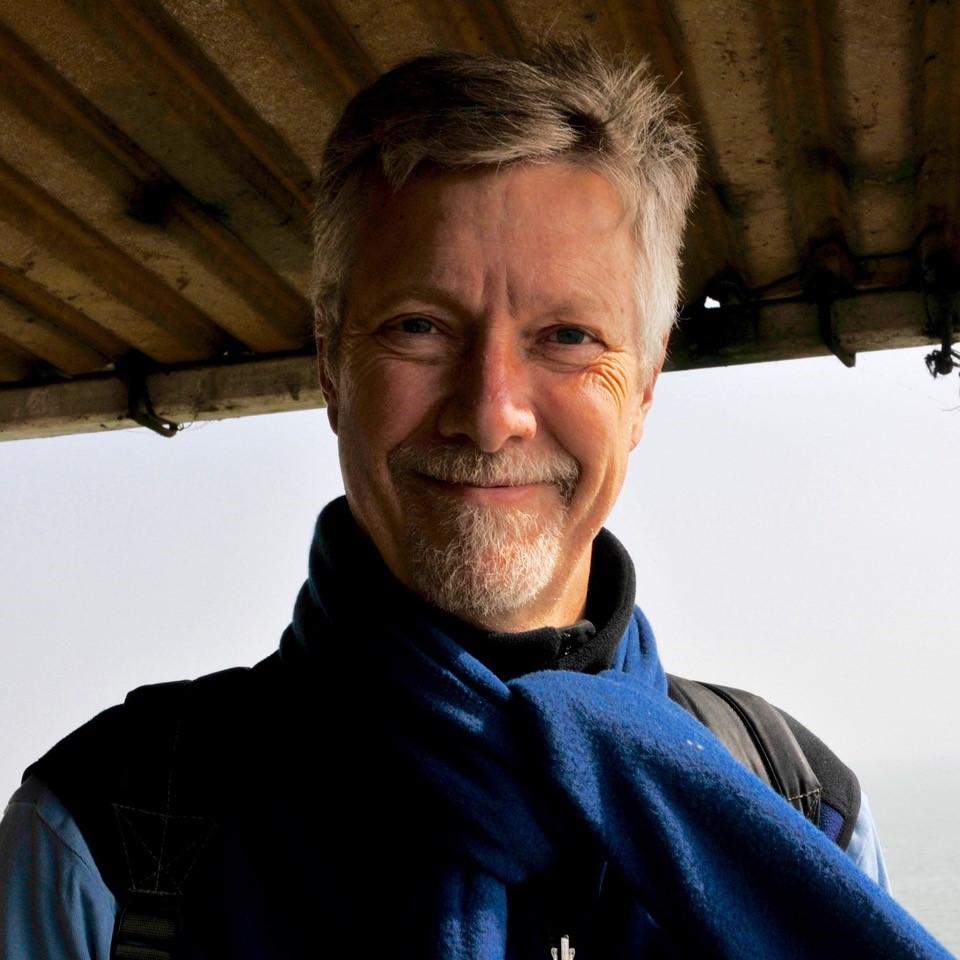
 The Honorable Bella Hounakey
The Honorable Bella Hounakey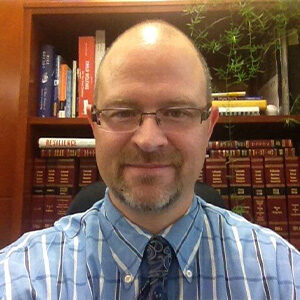
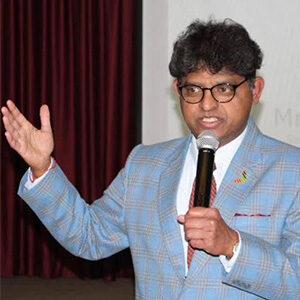 The Honorable Harold D’Souza
The Honorable Harold D’Souza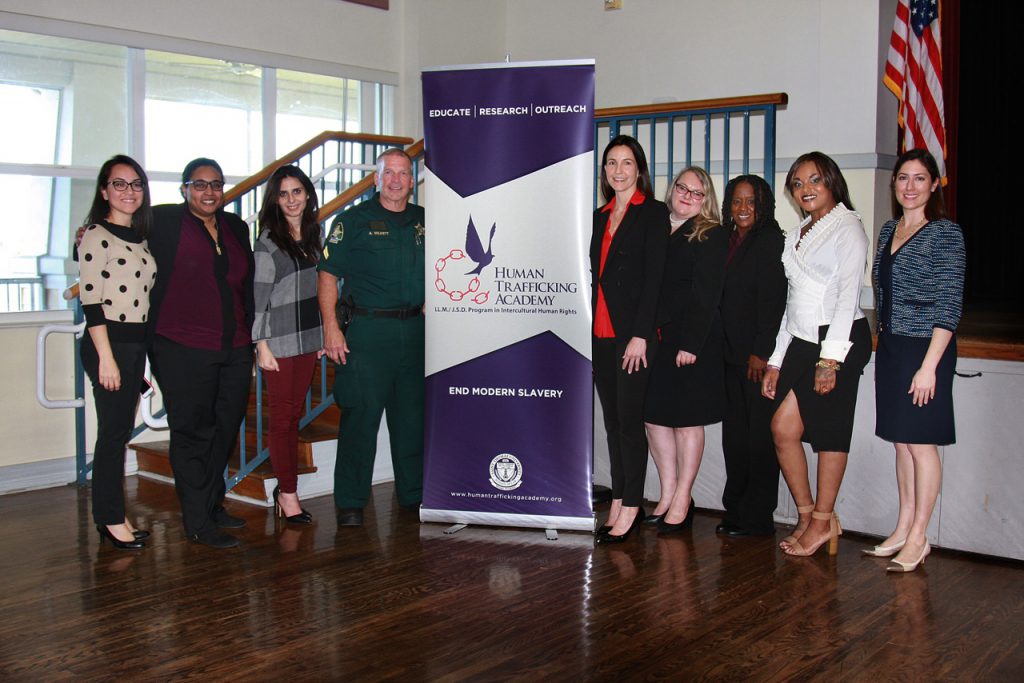
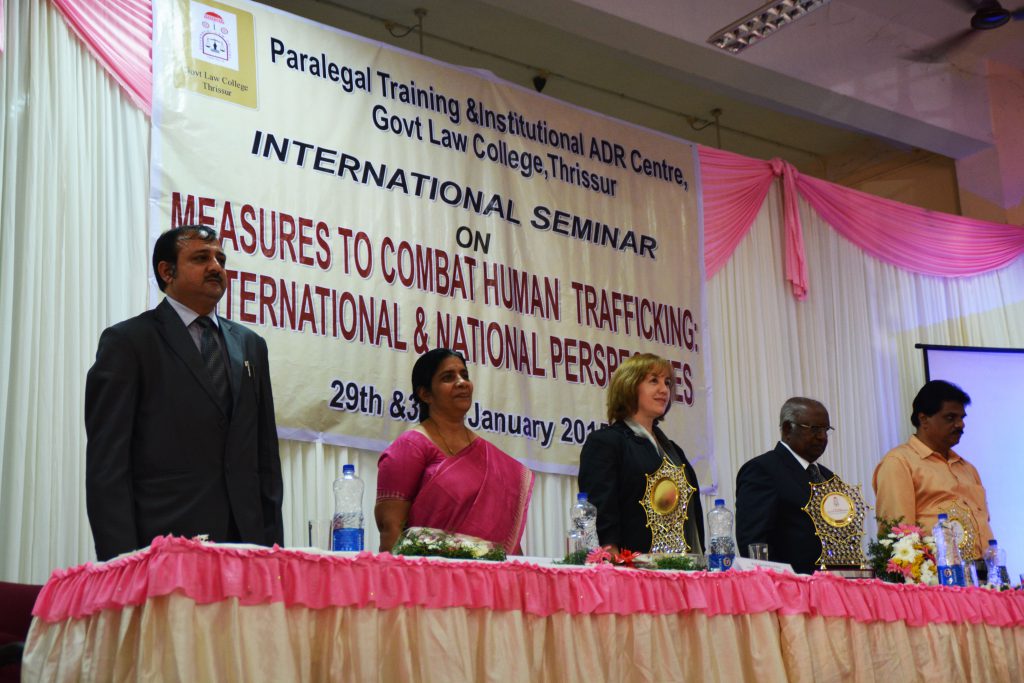
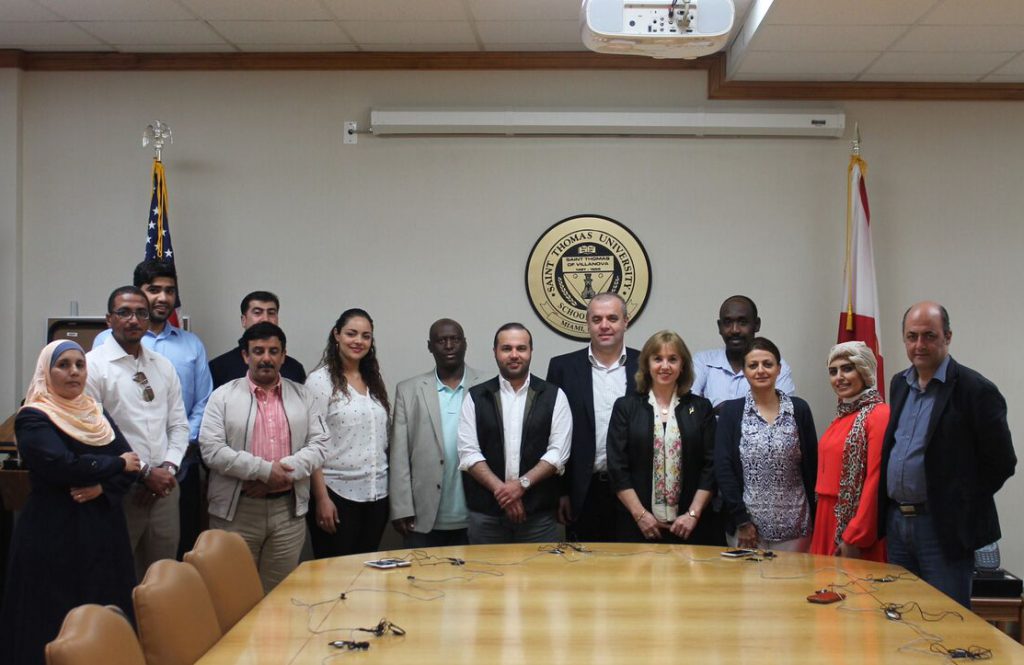
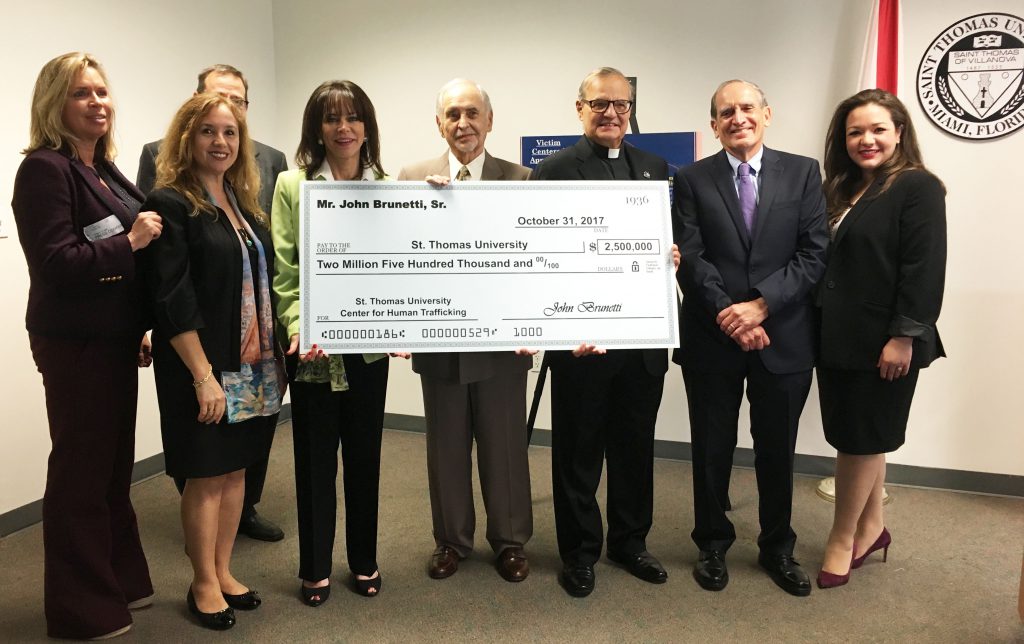
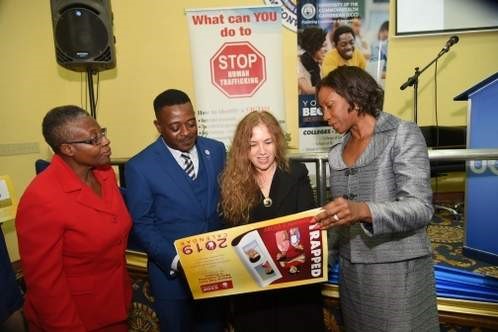
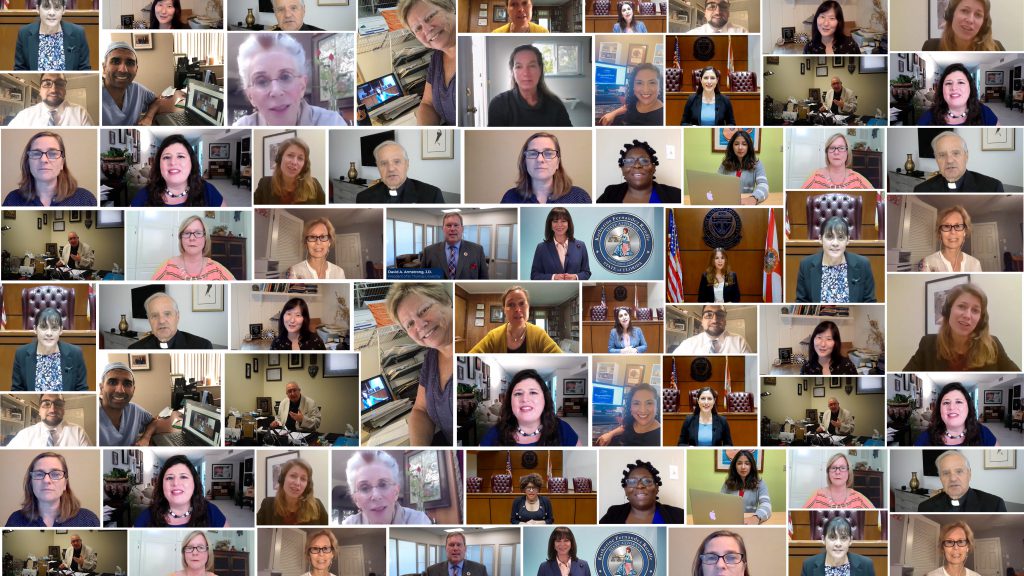
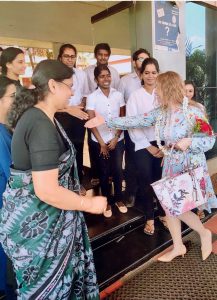
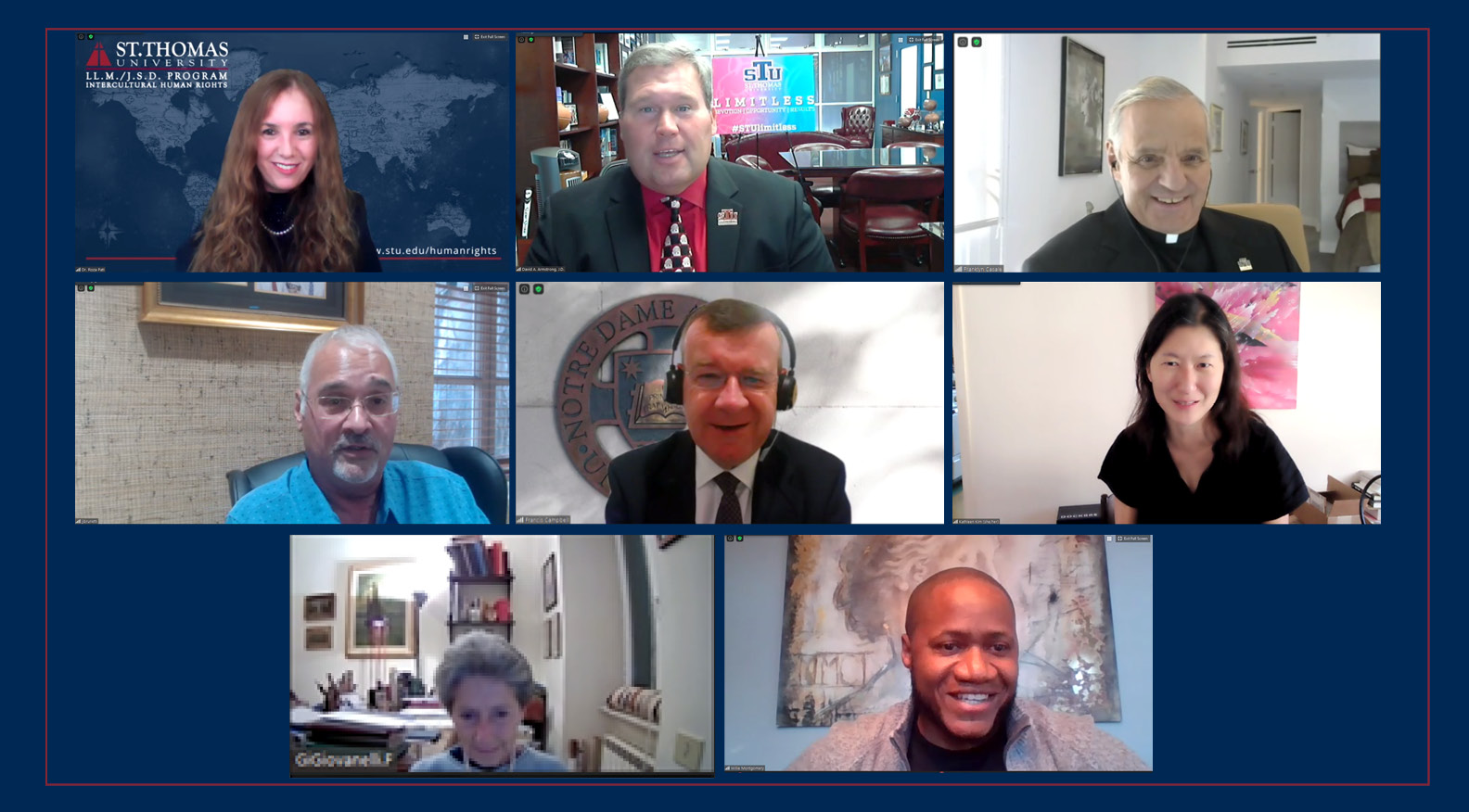
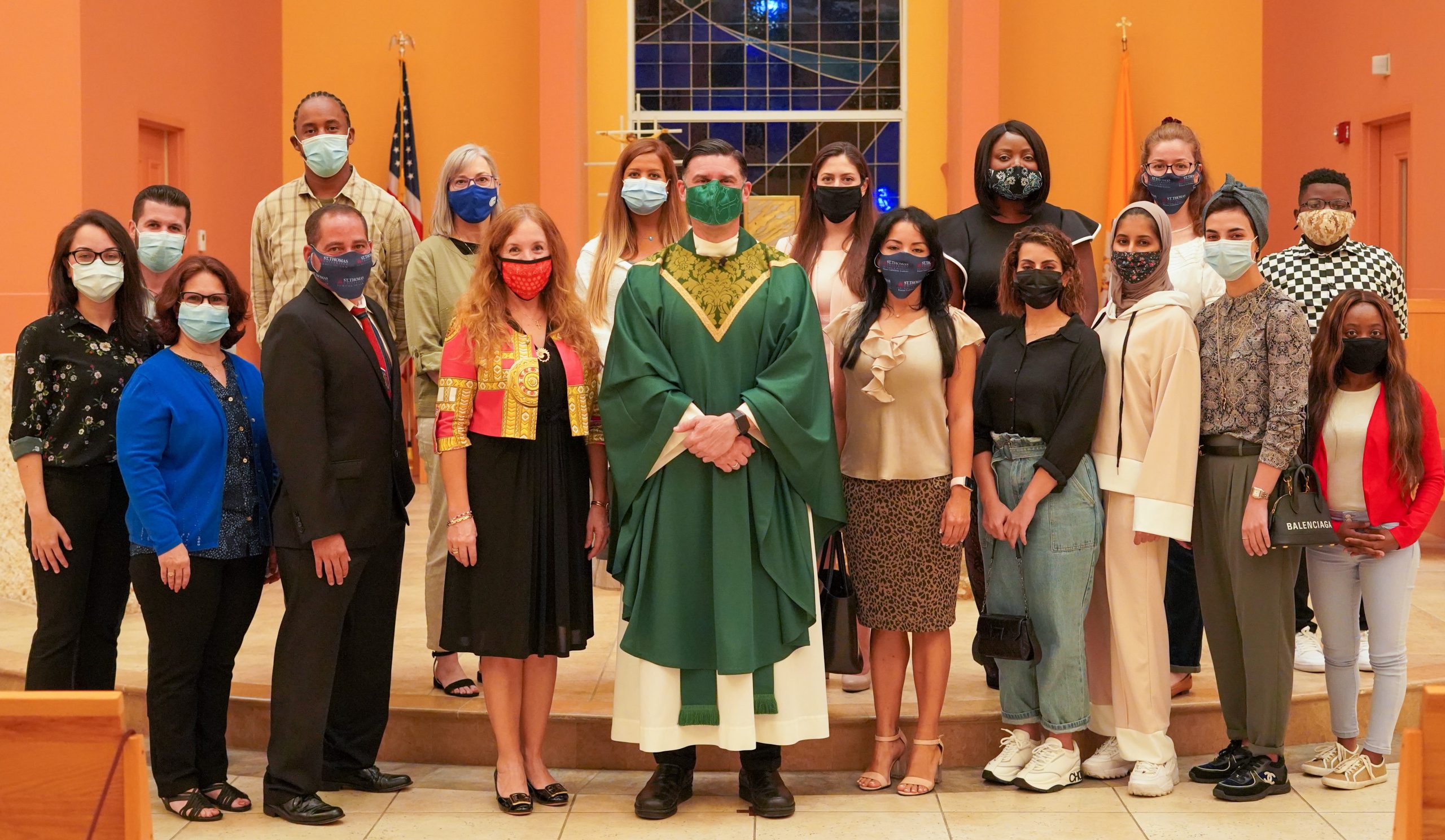
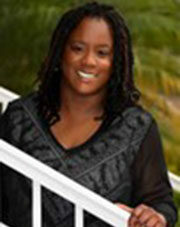 Ramona D. Miller
Ramona D. Miller Detective Krysten Ridenour
Detective Krysten Ridenour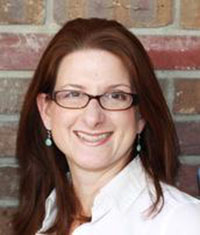
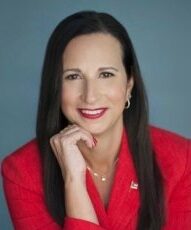 The Honorable Amira D. Fox
The Honorable Amira D. Fox Juliana Diaz, LMHC
Juliana Diaz, LMHC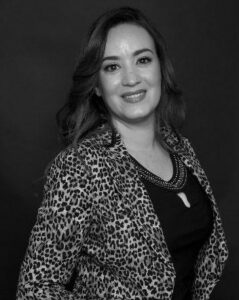 Crystal Lee Hamilton
Crystal Lee Hamilton Erika Pineros, LMHC
Erika Pineros, LMHC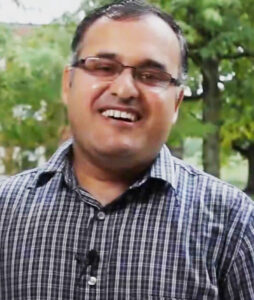 M. Kazam Hashimi
M. Kazam Hashimi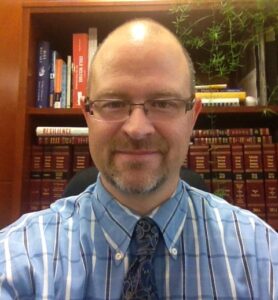
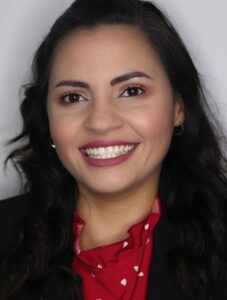 Maryem Reyes
Maryem Reyes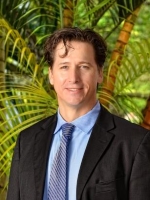
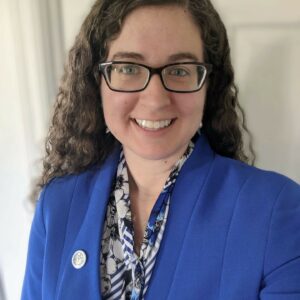 Jennifer Reyes Lay
Jennifer Reyes Lay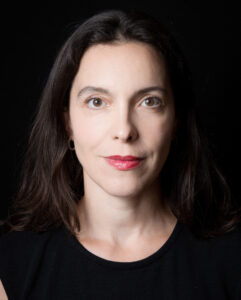 Sloane Davidson
Sloane Davidson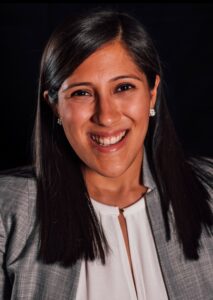
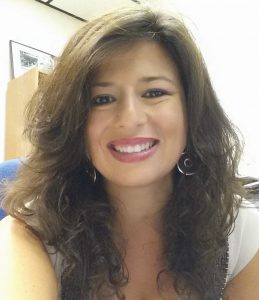 Ana I. Vallejo, Esq.
Ana I. Vallejo, Esq.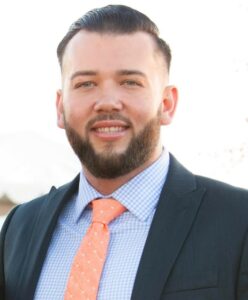 The Honorable Suamhirs Piraino-Guzman
The Honorable Suamhirs Piraino-Guzman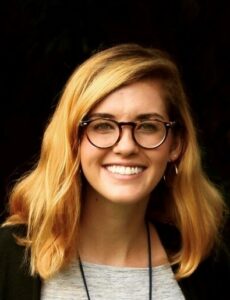 Caroline Chisholm
Caroline Chisholm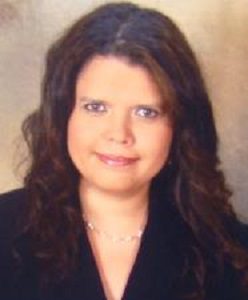 Imelda Medina, MD, MPH
Imelda Medina, MD, MPH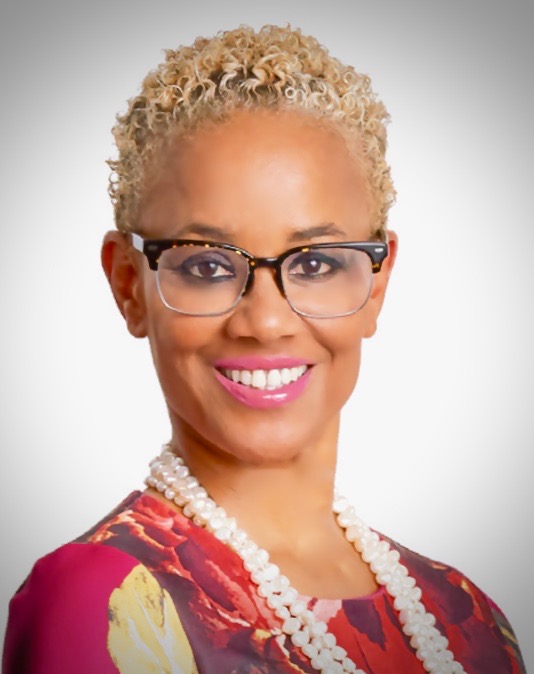
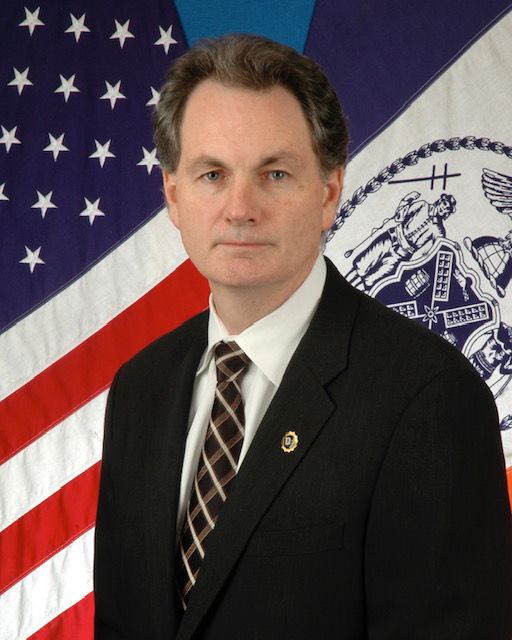
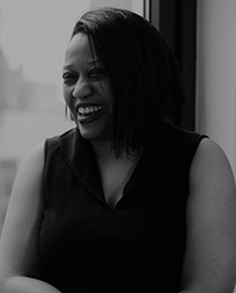 Kutisha T. Ebron
Kutisha T. Ebron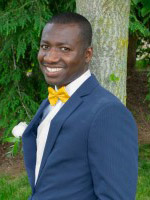 The Honorable Kwami Adoboe-Herrera
The Honorable Kwami Adoboe-Herrera Rebekah Charleston
Rebekah Charleston
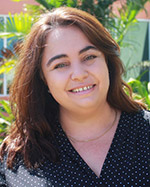 Maria Florencia Cornu Laport, Esq.
Maria Florencia Cornu Laport, Esq.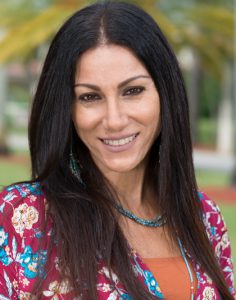
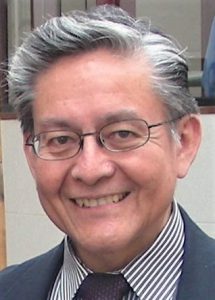
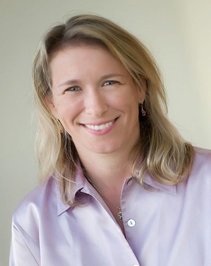
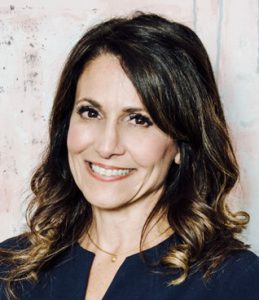

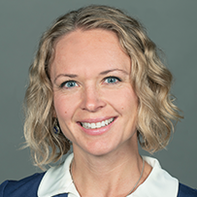
 Maria Vega
Maria Vega




 Gabriela DeBellis
Gabriela DeBellis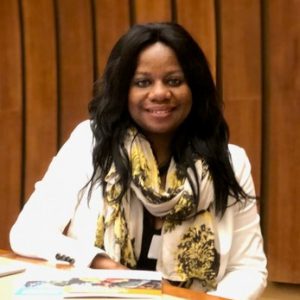 Lerina Bright
Lerina Bright

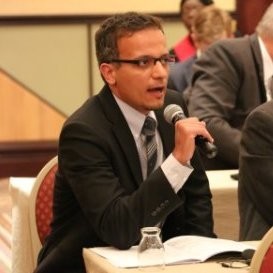
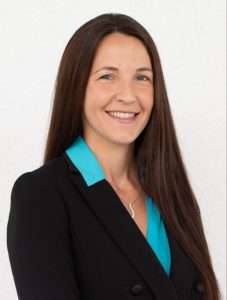
 Ronke Giwa Onafuwa
Ronke Giwa Onafuwa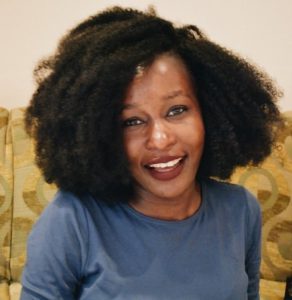
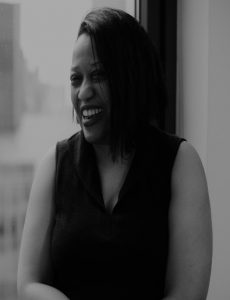
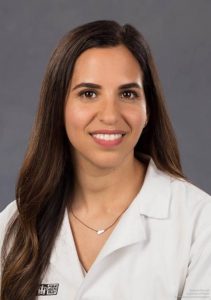
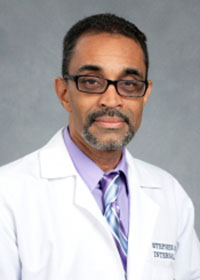
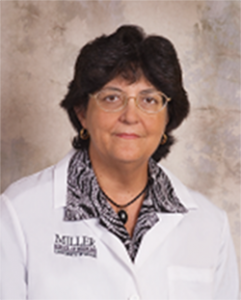
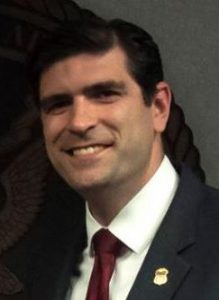

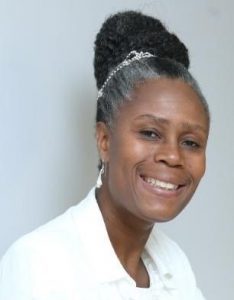 Myriam Mézadieu
Myriam Mézadieu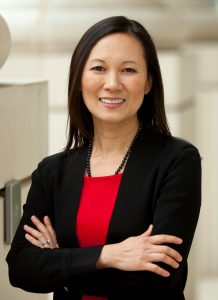 Thear Suzuki
Thear Suzuki Mary Anne Silvestri
Mary Anne Silvestri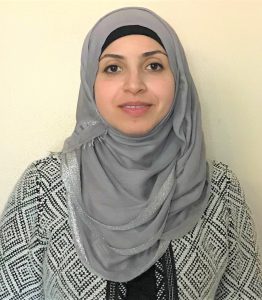
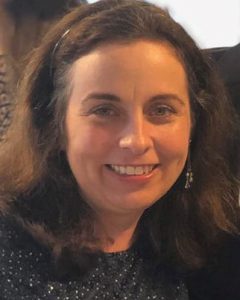
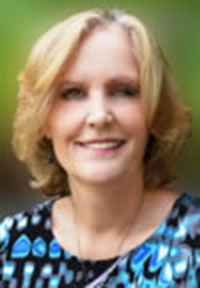 Susan Patterson
Susan Patterson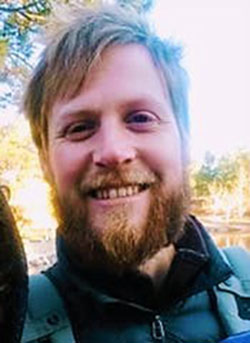 Jordan Bruxvoort
Jordan Bruxvoort